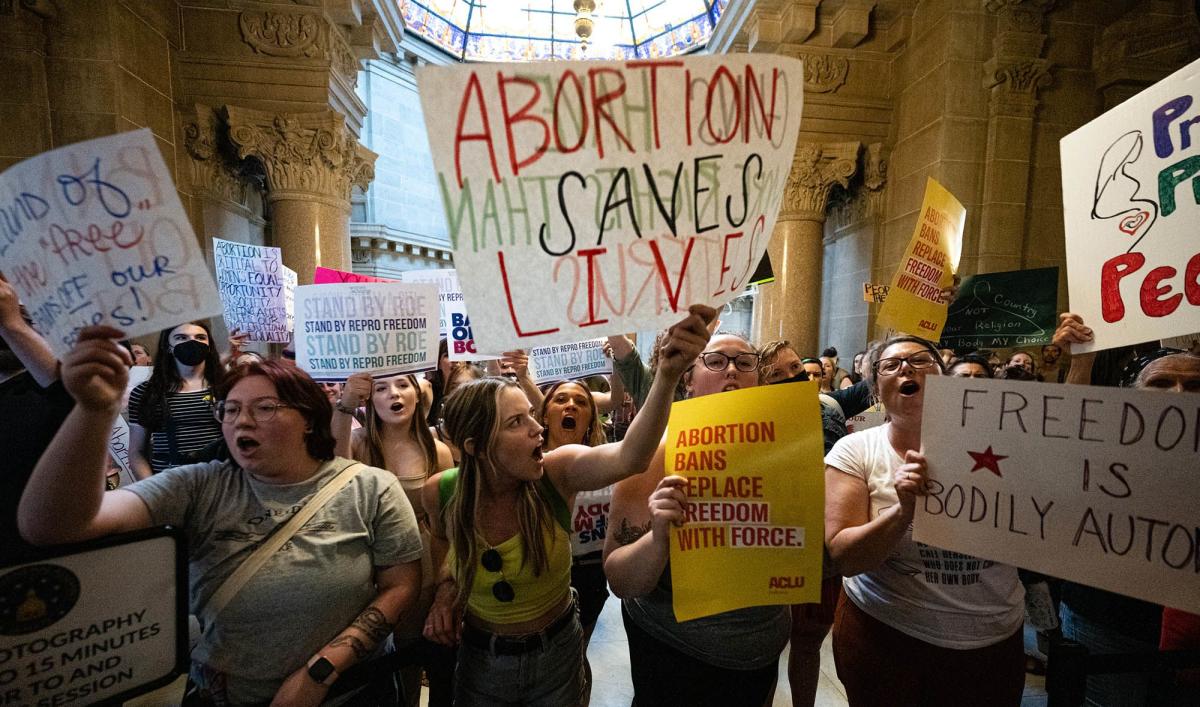
(Bloomberg) — Every state-level anti-abortion restriction contributes to a 5% drop in total income for women of childbearing age, according to a forthcoming study.
Most Read from Bloomberg
Researchers from the Charles Widger School of Law at Villanova University and the Wharton School of the University of Pennsylvania looked at nearly 4 million data points from the US Census Bureau’s current population survey, as well as some 1,300 abortion restrictions from 1974 to 2016 to determine their effect.
Four models indicated that each additional enforced TRAP law — which stands for targeted regulation of abortion providers— was associated with a 4.9-6.5% drop in total income for women aged 20 to 45, compared to the total population. In the researchers’ preferred model, each TRAP law matched up with a 4.9% drop in income, according to a July draft of the study, set to be published next year in research publication SSRN.
The study also found that enforcement of a TRAP law leads to a 11.3% rise in the chance that a woman of childbearing age will drop out of the workforce, due to housework compared to the rest of the population.
“You see women sorting into less lucrative jobs, succeeding in their careers less, being less able to participate in very lucrative jobs every time these laws pass,” said Jonathan Zandberg, lecturer of finance at Wharton, one of the paper’s authors. Itay Ravid, assistant professor of law at Villanova’s law school, was co-author.
TRAP laws have been used to restrict abortion access by placing onerous and restrictions on providers in the name of patient safety. These can include applying standards for ambulatory surgical centers to clinics, or enacting requirements on hallway width or room size. As of Aug. 1, 23 states had laws like these in place, according to the Guttmacher Institute, which studies reproductive health care.
Research has found again and again the abortion is linked to economic security. Patients forced to carry an unwanted pregnancy to term are four times as likely to fall into poverty, and face higher job losses and lower earnings potential. The overturning of Roe v. Wade in June has jeopardized abortion access for some 33 million Americans.
(Updates with the name of study’s co-author.)
Most Read from Bloomberg Businessweek
©2022 Bloomberg L.P.




